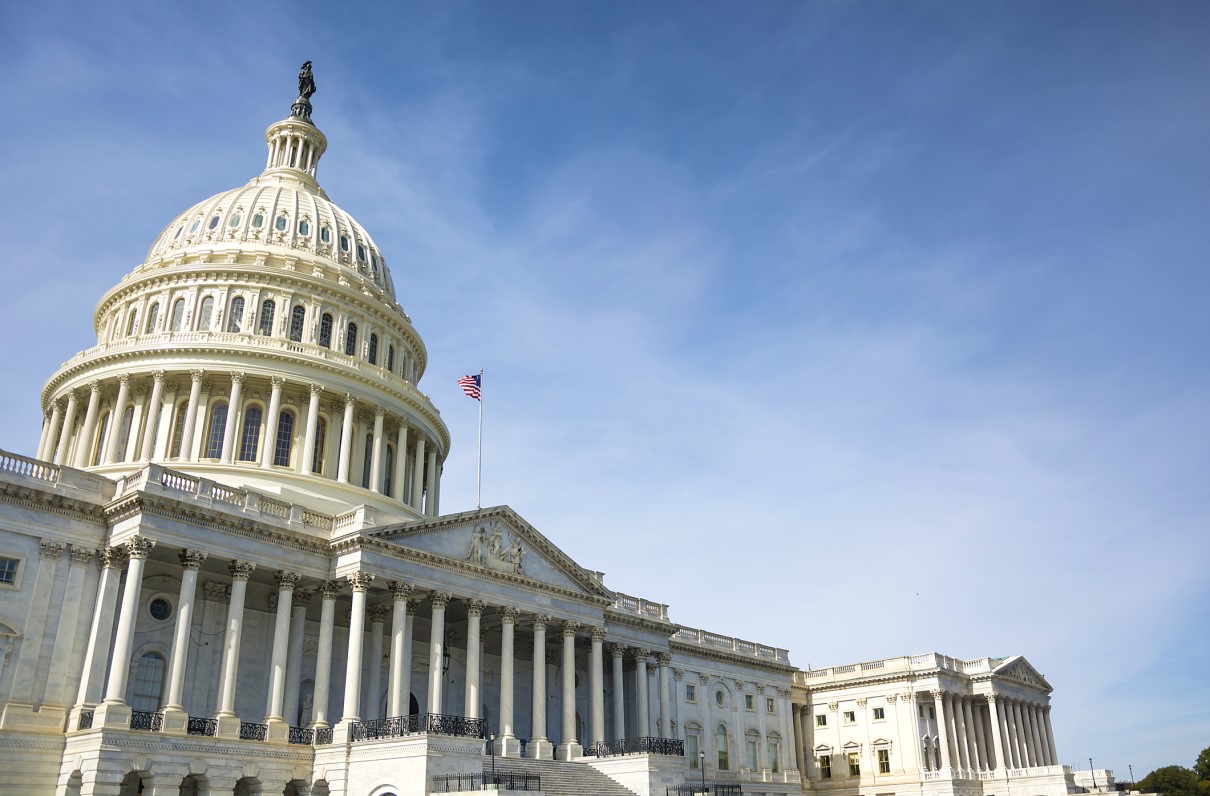Although the FY 2024 National Defense Authorization Act (NDAA) became law just a few weeks ago, we’re already approaching a critical deadline for the FY 2025 version … and early action will set MOAA up for success with some of our key legislative priorities.
The annual NDAA includes protections for the pay, benefits, and quality of life of servicemembers and their families, retirees, and surviving spouses. Each year, normally in February, congressional staffers submit their formal written requests for the NDAA. This important early deadline is often the only chance for lawmakers who are not on the Armed Services committees to officially request NDAA provisions that support their constituents.
The more these lawmakers hear from their constituents, in addition to MOAA’s advocacy team, the greater the chance they will push for inclusion of our key priorities in their official NDAA request. Find details on each of these advocacy campaigns below and via MOAA’s Legislative Action Center:
- The Major Richard Star Act: Over two-thirds of Congress has supported this legislation that would provide concurrent receipt for combat-injured servicemembers. It is part of MOAA’s incremental strategy to achieve concurrent receipt for all, and it is supported across our community of veterans service organizations. Ask lawmakers to include H.R. 1282/S. 344 in their official FY 2025 NDAA request.
- BAH Restoration Act: Servicemembers and young military families across the country are facing financial strain, and housing costs play a big role. Ask your elected officials to restore the Basic Allowance for Housing (BAH) with H.R. 2537/S. 1823 in their NDAA request.
- Arlington National Cemetery (ANC): The bipartisan Expanding America’s National Cemetery Act, H.R. 1413, ensures the nation keeps its sacred promise to veterans and their families. ANC eventually will run out of space, and proposed eligibility reductions will end the benefit some veterans and their families have planned on for years. H.R. 1413 will provide a long-term solution to designate the “next ANC” rather than reduce the benefit. Congress must act through the NDAA.
- Respect for Grieving Military Families Act: When a retired servicemember dies, the Defense Finance and Accounting Service recoups the last month of their retirement pay. This action adds terrible financial stress to a grieving spouse. H.R. 3232/S. 1588 would stop recoupment (as well as associated overdraft fees or debt) and prevent the financial shock experienced by many surviving spouses. It should be a part of the must-pass defense bill.
- Military Spouse Hiring Act: Supporting military spouses is critical to sustaining the all-volunteer force. H.R. 1277/S. 596 would authorize the Work Opportunity Tax Credit to incentivize employers to hire military spouses who struggle to maintain employment due to frequent PCS moves. Ask your elected officials to ensure its inclusion in the NDAA.
- TRICARE Young Adult: H.R. 1045/S. 956, the Health Care Fairness for Military Families Act, will help ensure military kids transitioning to adulthood have the same health care protections as their peers in civilian families. This bill brings TRICARE in line with commercial plan requirements for young adult coverage that have existed for more than a decade by eliminating monthly premiums for TRICARE Young Adult coverage. Ask your lawmakers to use the NDAA to close this coverage gap.
[RELATED: Report Highlights Need for MOAA’s Work to Preserve Health Care Access]
How You Can Help
Grassroots advocacy is effective early in the year, and MOAA needs more of its members to be engaged through the Legislative Action Center. Of MOAA’s more than 363,000 members, only 21,000 have signed up so far. The resource allows you and your family and friends to send a preformatted message, which you can edit and customize, to your representative and senators in Congress.
You can register for the Legislative Action Center from your smartphone for an easy and convenient way to engage. MOAA members and their families and networks can also use the Capitol Hotline at (866) 272-MOAA (6622) to call their elected officials toll-free. When using the hotline, be sure to ask to speak with the military legislative assistant or legislative director. If neither staffer is available, ask to schedule a follow-up phone call when they are available.
These two ways of engaging on advocacy issues are considered more effective than the postcards and tear-out letters MOAA previously sent to its members.
Call or email MOAA’s Member Service Center for help or more information on our legislative priorities at (800) 234-MOAA (6622) or msc@moaa.org.
When MOAA Speaks, Congress Listens
Learn more about MOAA’s key advocacy issues, and contact your elected officials using our messaging platform.

